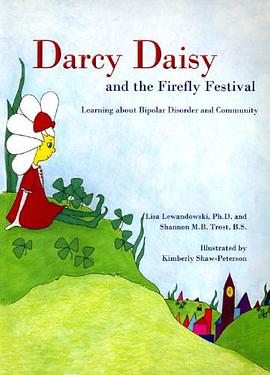

Europe in the last two decades has gone through unprecedented political, social, and economic transformations. The restructuring of post-WWII welfare systems, the disintegration of Yugoslavia through a series of fratricidal wars, the rise of racist and nationalist movements, and the enlargement of NATO and of the EU to include former socialist countries after the end of the Cold War characterize this period. The new geopolitical order has affirmed a neo-liberal economic doctrine throughout Europe. A by-product of this phenomenon has been increasing marginalization of groups which do not 'fit' the new socio-economic regime. Amongst them are millions of Roma, for whom chronic unemployment and social exclusion have become the norm. As a response to their increasing social marginalization, human and minority rights discourses and regimes have emerged, consolidating alongside an embryonic Romani political movement. This book sheds light on experiences of political participation of Romani citizens in both Eastern and Western Europe, thus contributing to a deeper understanding of the political space that Roma occupy in states within an enlarged EU. The contributors are leading activists, politicians, and scholars involved in critical debates and policy making vis-a-vis Romani citizens. The book analyzes key political experiences and debates salient for the European Union, as well as implications for other ethnic minorities in Europe. It also offers new perspectives on core issues and paradoxes surrounding Romani political participation and mobilisation at the EU, national, and local levels, including case studies from both Eastern and Western Europe.
具体描述
读后感
评分
评分
评分
评分
用户评价
相关图书
本站所有内容均为互联网搜索引擎提供的公开搜索信息,本站不存储任何数据与内容,任何内容与数据均与本站无关,如有需要请联系相关搜索引擎包括但不限于百度,google,bing,sogou 等
© 2025 book.wenda123.org All Rights Reserved. 图书目录大全 版权所有




















